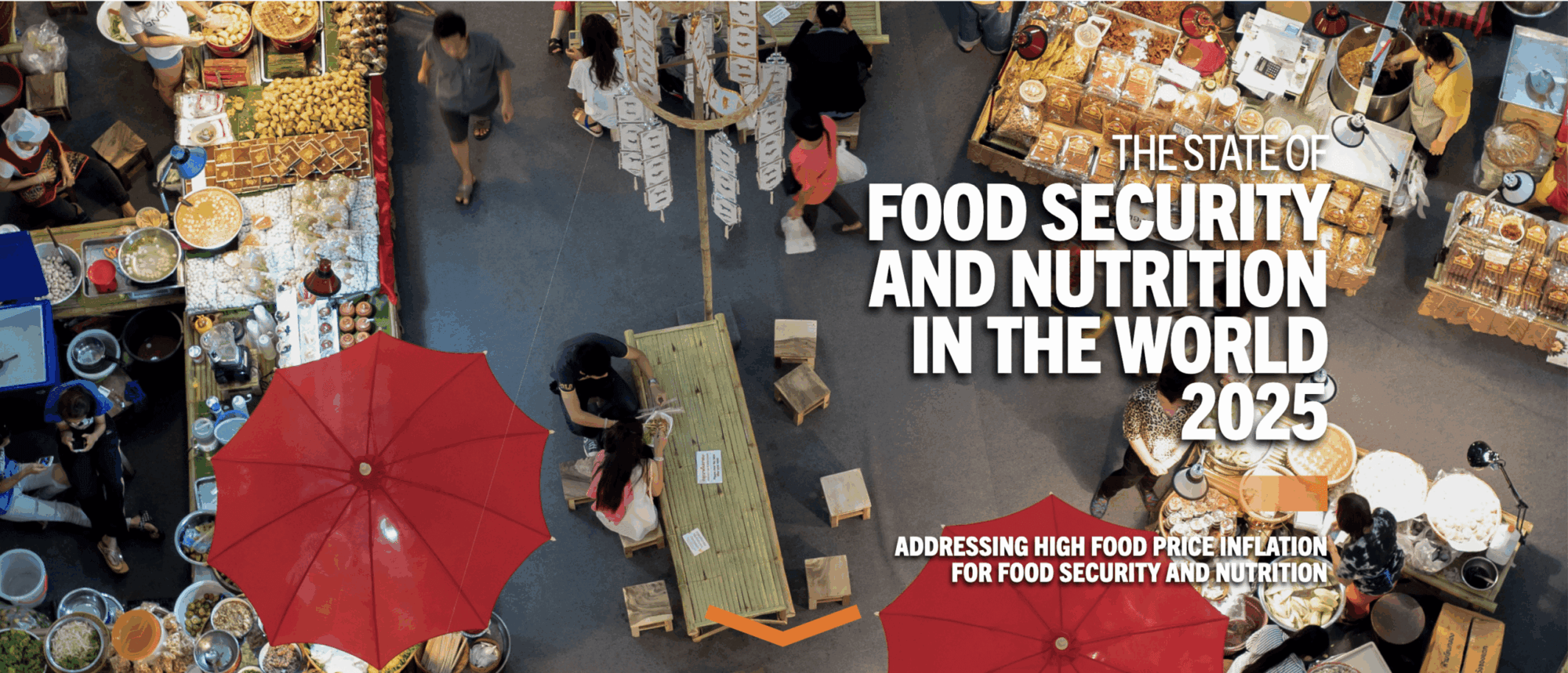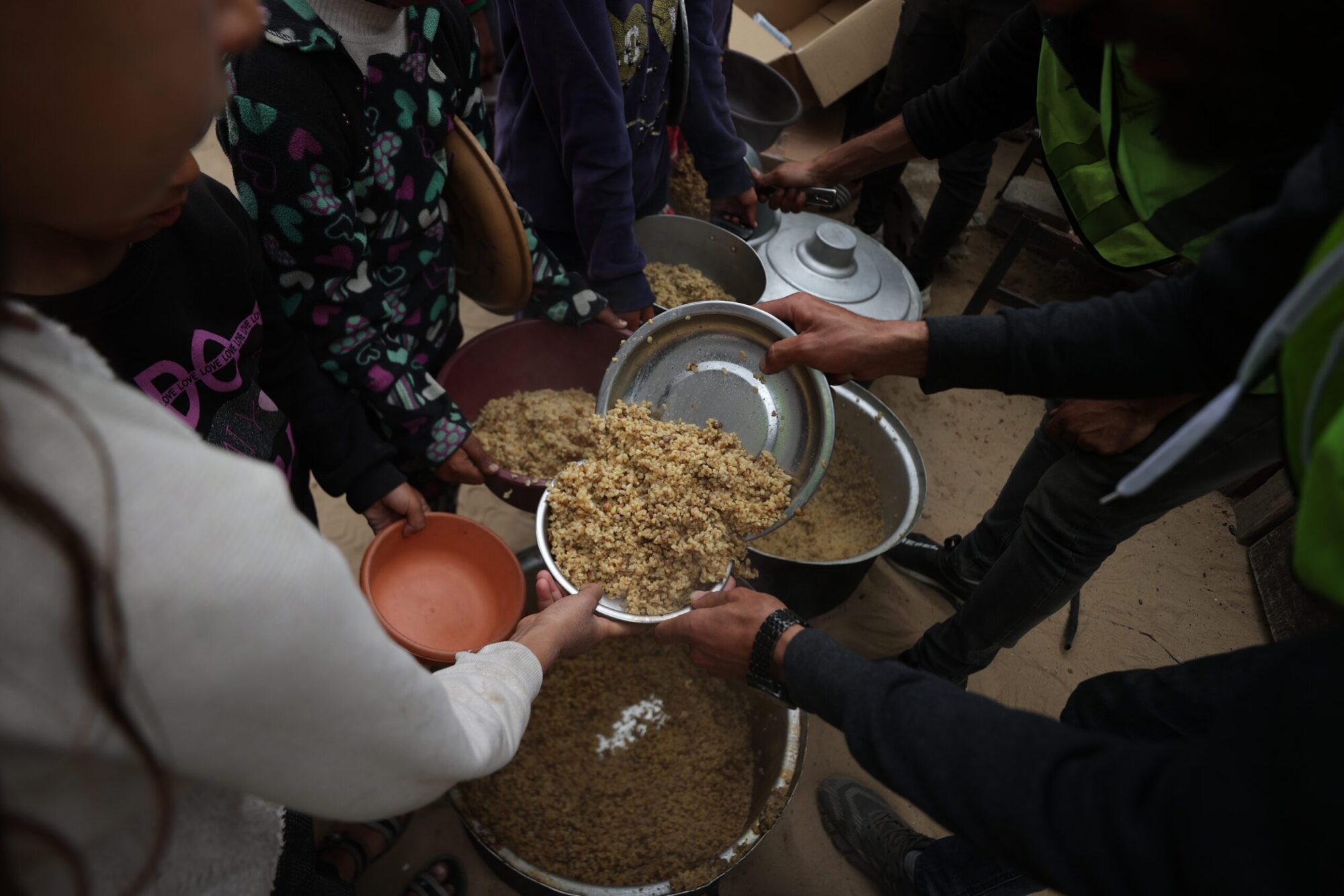Today is International Literacy Day! To celebrate, we would like to introduce Fatema who, thanks to school meals and remote learning resources, has continued to learn at home while schools remain closed in Bangladesh.
Illuminated by the winter sun streaming through her bedroom window, 13-year-old Fatema reads through the half-dozen books spread across her desk.
“I have been studying on my own at home [during the pandemic] and my sister helps me with my studies,” says Fatema. “I like studying on my own because nobody disturbs me, but I will feel very good when the schools reopen.”
With school openings delayed until August 31 in Bangladesh, Fatema remains one of the 42 million children who have been out of school for over 15 months.
Spurred by the pandemic, inequality between students threatens to grow deeper and wider in 2021. The lack of technology at home and limited connection to the internet, coupled with economic instability, puts girls, rural students and socio-economically disadvantaged children at risk of being left behind.

Fatema has always been self-motivated. Last year, before schools closed, she was ‘book captain’ at her school in Cox’s Bazar. As part of a literacy program with the U.S. nonprofit Room to Read, supported by Washington and the Government of Bangladesh, over 40,000 students across 146 primary schools in the district receive a reading curriculum and storybooks.

As a book captain, Fatema led her classmates in daily reading activities and encouraged her friends to improve their reading skills.
“I loved being a book captain,” she says. “I checked out and gave books to my classmates.”
Through Room to Read, the U.N. World Food Programme delivers literacy worksheets and exercise books, together with 20 story cards to help guide the students in self-study. “Story cards are like story books,” says Fatema. “After reading a story, we answer questions. I feel good after reading these.”
Read-aloud videos have also been produced for local and national television and online. For those without access to TV or internet, parents receive phone calls with stories and poems read aloud for students to listen.

Nearly 20 percent of children in Bangladesh drop out of primary school and even fewer going on to secondary. Of those that do, 75 percent don’t complete their studies. School feeding programs increase enrollment rates by 9 percent on average, help children stay in school longer and see higher performance marks for their studies. When students began learning from home, the U.N. World Food Programme started delivering the materials directly to them along with highly nutritious school biscuits. These nutritious snacks supported students’ diets and, in turn, their concentration.
During a time when so many schools remain closed, innovative learning resources and at-home deliveries of nutritious snacks are crucial to encourage the healthy development of students in Bangladesh and beyond.






